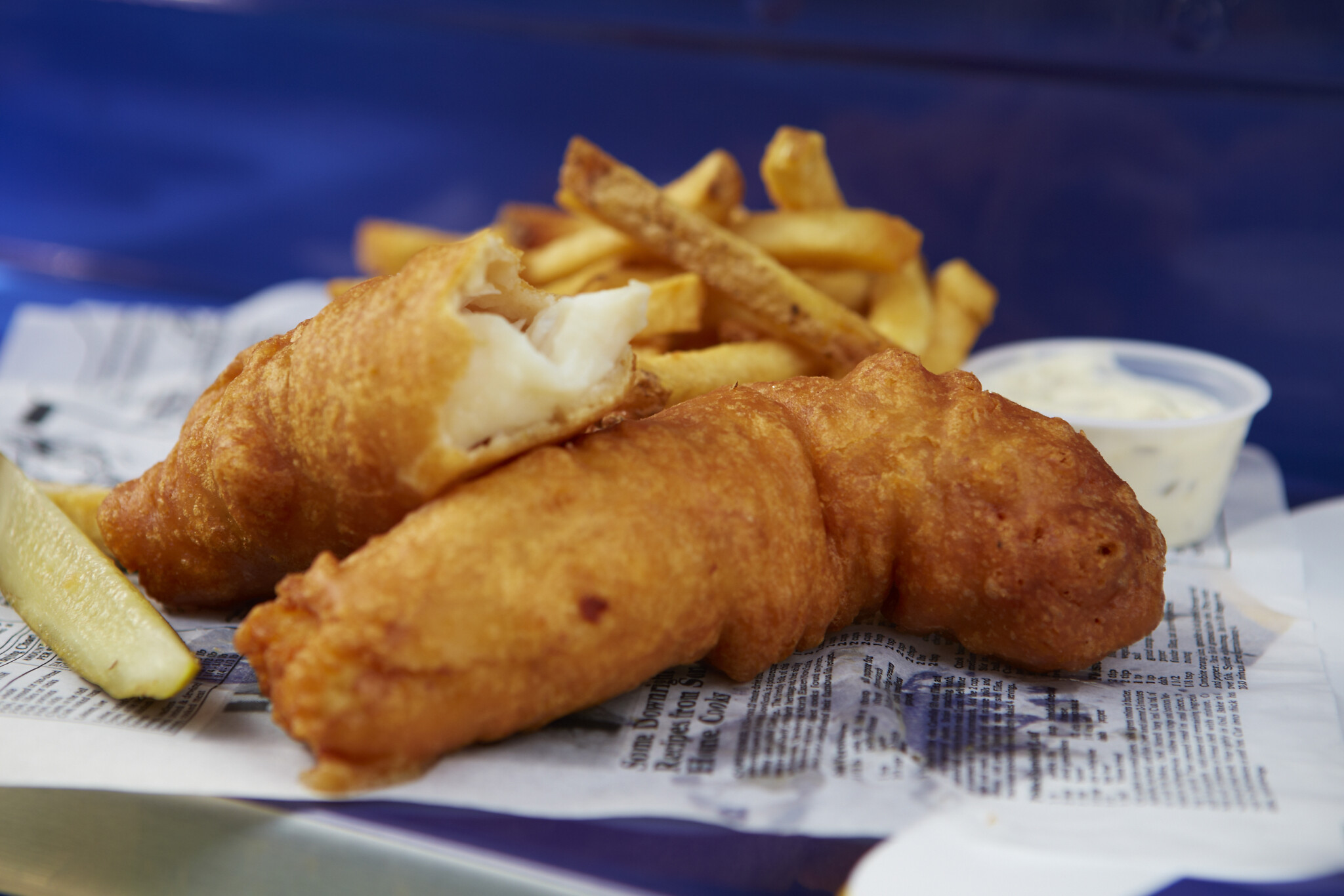CF Moto2016 CFMOTO ZFORCE 800 EX LX EPS
2020 CFMOTO ZFORCE 800 EX pictures prices information and specifications. …

2020 CFMOTO ZFORCE 800 EX pictures prices information and specifications. …

Third Step. Once you have the dining top check that it fits by setting it on the billiards table. It should fit if your dimensions were accurate. The dining top …

Introducing our Wednesday Addams printable coloring page collection featuring the iconic and beloved character from the Addams Family franchise. Wednesday Addams is the dark and brooding daughter of Morticia and …

Adidas Yeezy Boost 350 V2 Slate. Sale price$300 CAD. Adidas Yeezy Boost 350 Pirate Black (2023) Sale price$350 CAD. Adidas Yeezy Boost 700 Wave Runner Solid Grey. Sale priceFrom: $550 …

1 out of 5 star rating. Choose options. Adult Teenage Mutant Ninja Turtles Raphael Costume. $16.99. 5 out of 5 star rating. Add to cart. Teenage Mutant Ninja Turtles Deluxe …

Eye Health. Supports eye health with Vitamins A C and E. Add 11 key nutrients to your daily routine with this gummy multivitamin from One A Day®. VitaCraves® gummy multivitamins …

Propriété # 1450890461. Laurentides. Chalet a vendre - Bord de lac. 139800.00 CAD. (Particulier) Addresse: Sainte-Agathe-des-Monts Canada. Chalet a vendre. Le chalet est directement au bord du lac …

Fresh fish and seafood is their specialty; their fish market which is filled with bright eyed catch is right outside the door. The fish mongers were friendly and helpful suggesting …

As the 50th anniversary of the first Arctic Peoples Conference in 1973 this event symbolizes a milestone in the history of Arctic Indigenous Peoples' cooperation and collective progress. Given the …